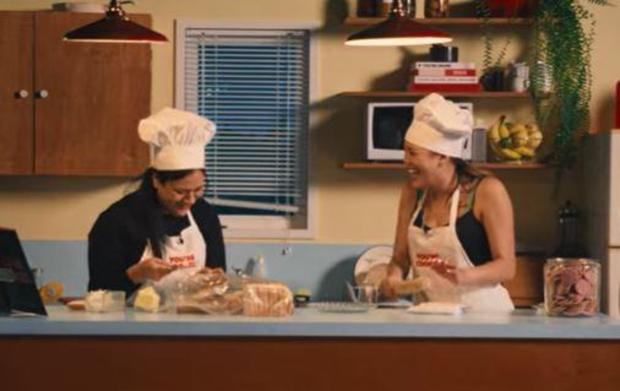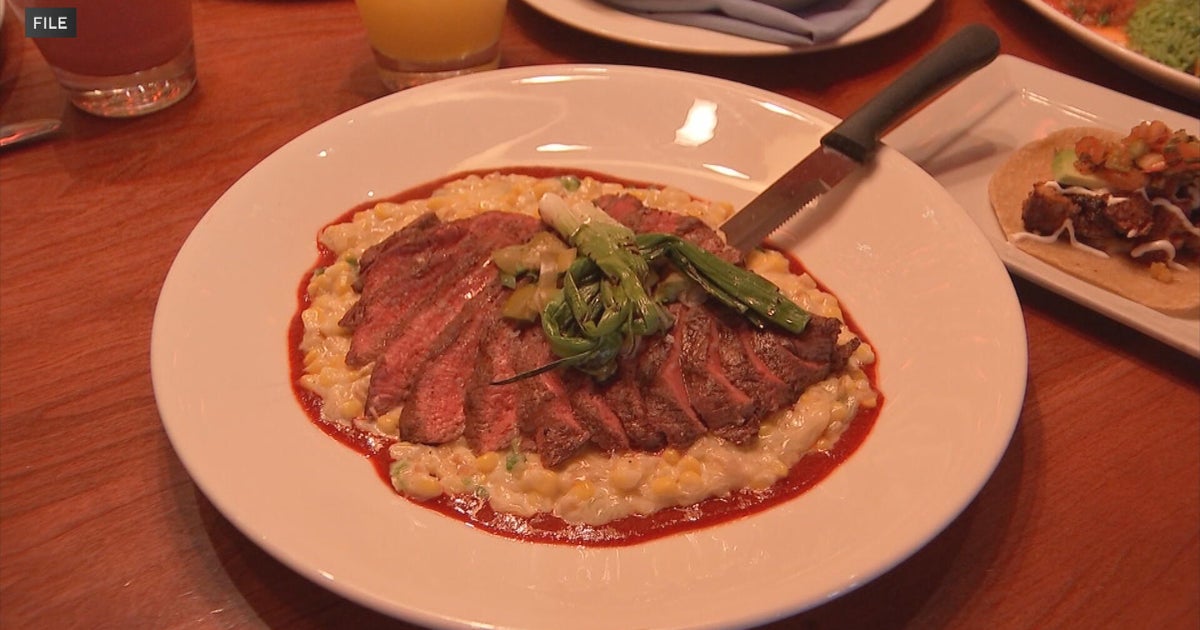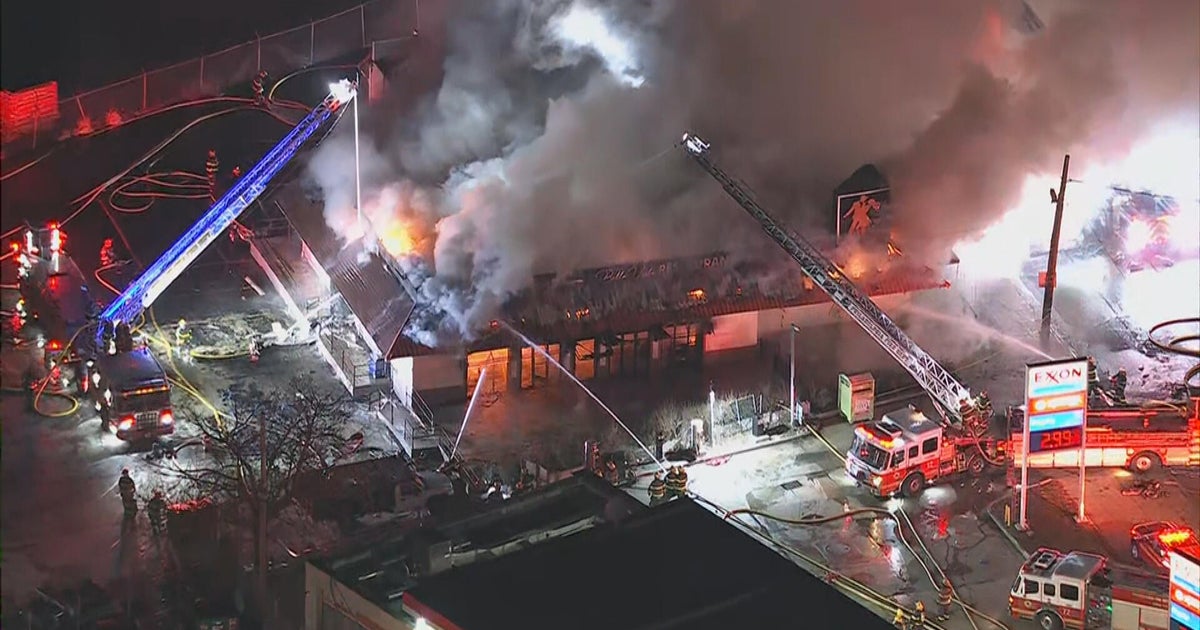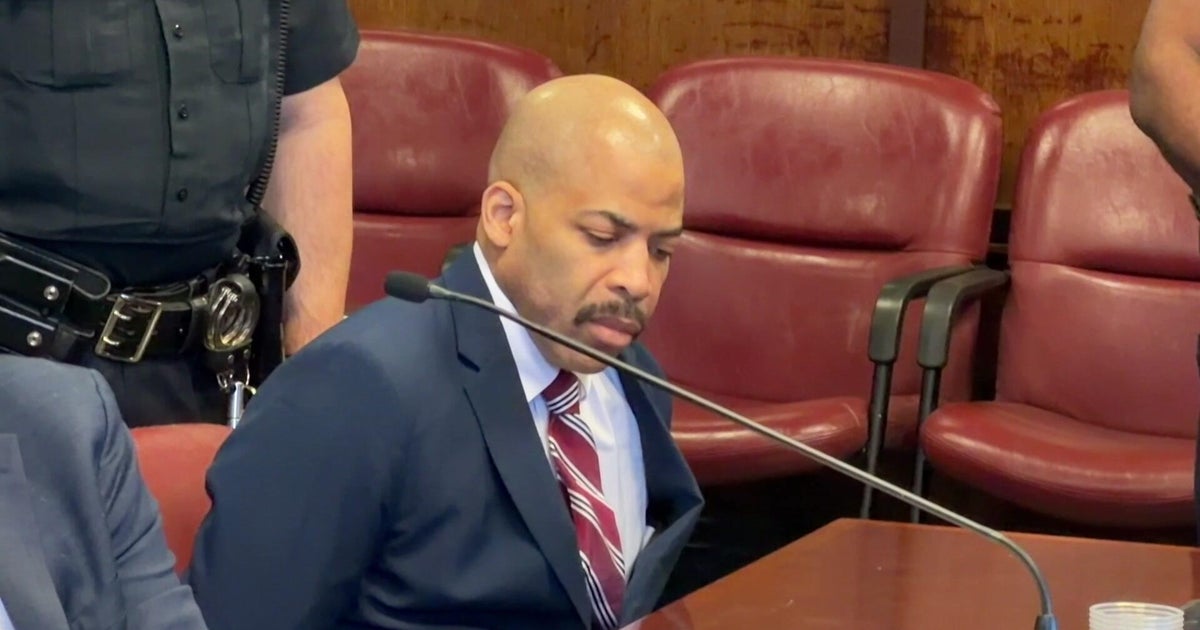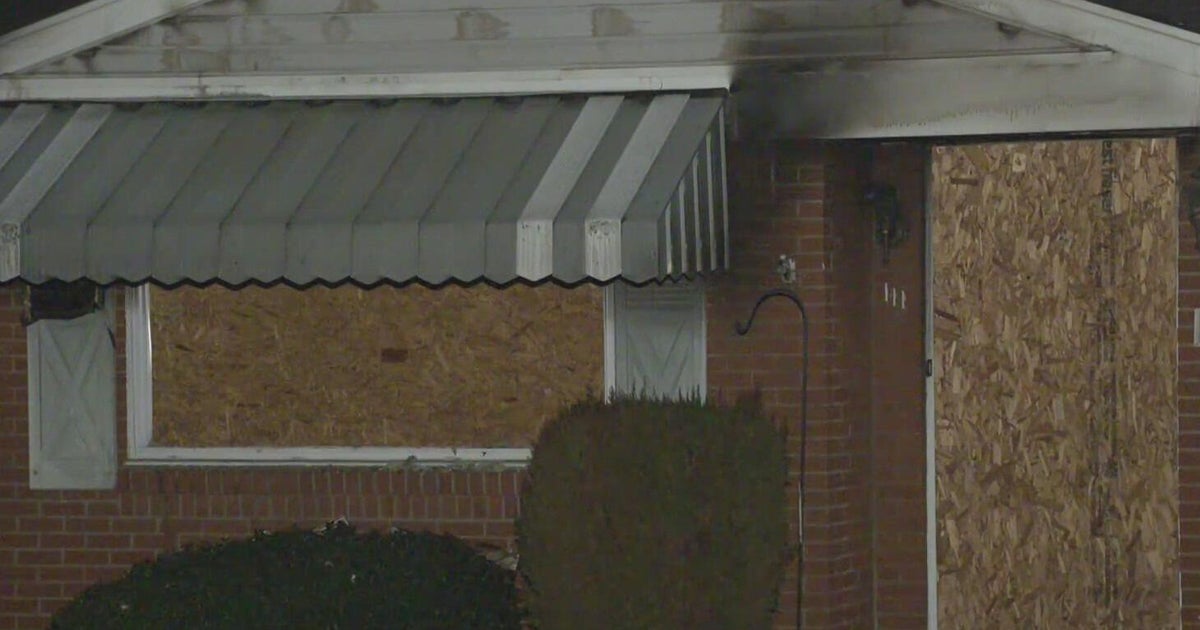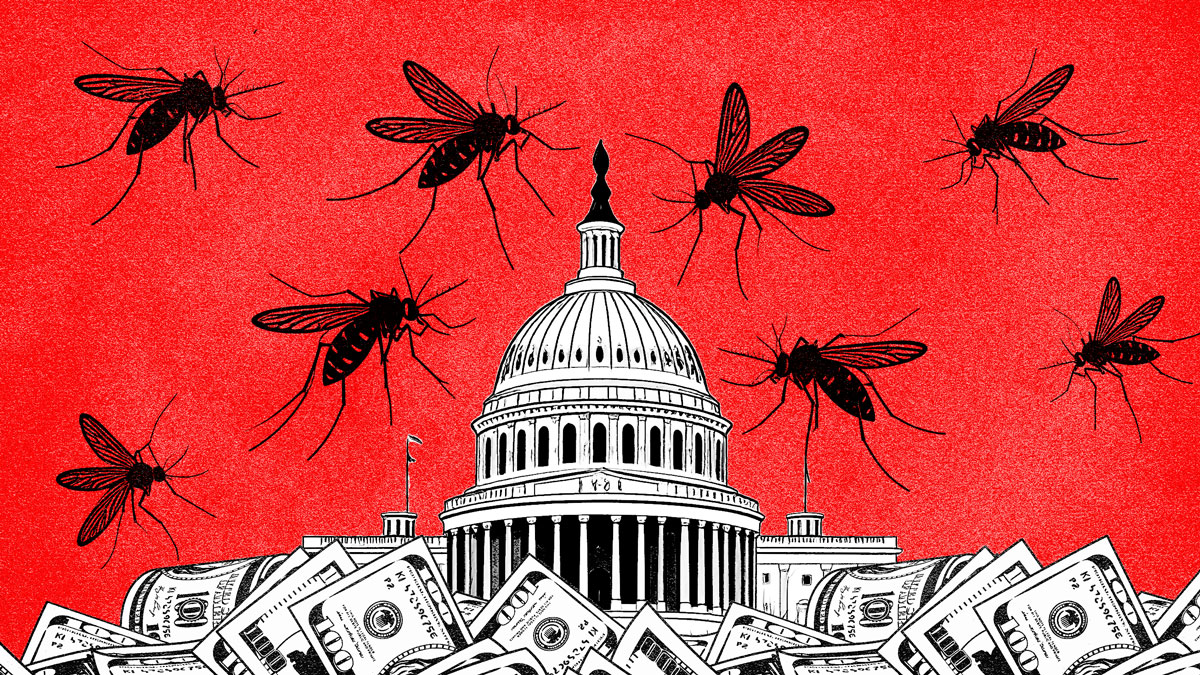New Zealand fire department releases cookbook of "recipes to cook if you're drunk or high"
Firefighters have served up a cookbook for heavily intoxicated New Zealanders, hoping to stop befuddled chefs from burning down the kitchen. According to the country's fire service, half of all fatal house fires involve alcohol or drugs.
The aptly named "You're Cooked" offers recipes for a select audience of Kiwis who are desperate for a bite but too incapacitated to be trusted near an oven or stovetop. The menu — promising "recipes to cook if you're drunk or high" — features a touch of humor and instructions simple enough for even the most addled of chefs.
The idea is to guide inebriated cooks toward air-fryers, toasters, kettles and microwaves, all of which have timers. Ovens and stoves can be left on by mistake, with deadly consequences.
The first three chapters of the online cookbook are titled: "You're Toasted," "You're Smashed," and "You're Wasted."
One low-bar recipe for a "toast sandwich" kicks off with the advice: "Put one slice of the bread in the toaster. Toast it."
Once buttered, the piece of toast is placed between two slices of untoasted bread. "Now grip the bread-toast-bread in your clammy mitts. Good."
It's a lighthearted campaign but firefighters say the message is serious, with an average of more than 4,100 house fires a year — about a quarter of the total — caused by unattended cooking.
About half of all fatal domestic blazes in New Zealand also involve alcohol or drugs, fire and emergency services say.
"Distracted while cooking is the leading cause of house fires. Stay off the stove if you're drunk or high," the campaign warns.
Kelley Toy, marketing manager for Fire and Emergency New Zealand, told AFP: "We know they are going to cook anyway, we just needed them to do it safely by telling them: 'Stay off the stove.'"
Auckland-based chef Jamie Robert Johnston concocted the recipes.
"I took to my younger college days for inspiration of food that filled the void when a little tipsy," he told AFP.
A campaign video on social media shows bleary-eyed chefs trying out the recipes — one struggling to butter a slice of bread, another with food spilling directly from his mouth into a bowl, and several breaking into laughter.
"You know... we've had a couple of 'wets' (alcoholic drinks). At the end of the long night... we are going to have some food," one of them declares in the video. At the end of the video, each would-be chef declares: "Stay off the stove!"
All participants were paid and agreed to feature on social media while struggling in an Auckland test kitchen after a Friday night out.
"They are real people on a night out," said Adrian Nacey, community education manager for New Zealand's fire service.
Among the suggested recipes: "Uncanned beans" ("release the beans from their tin prison, and tip them into a microwave-safe bowl") and "Forbidden lasagna" ("pry open the fridge and secure" the leftovers).
Other safe recipes on offer include a "Chugget sandwich" of air-fried chicken nuggets, "You-done udon" for noodles made with an electric kettle, and "Jacked Fairy Bread" made with crushed sugary cookies sprinkled on bread.
There is also a morning-after drink, "Blue Soberaid," that mixes honey, water and salt to help stave off a hangover.
The safety campaign, launched late last year, is already having an impact, the fire service said, as a recent survey indicates the target audience — mainly young, working males — now see cooking under the influence as a riskier enterprise.
Other countries have issued similar warnings about house fires involving booze and drugs. Last year, the London Fire Brigade offered safety tips after a spike in alcohol-related fires
